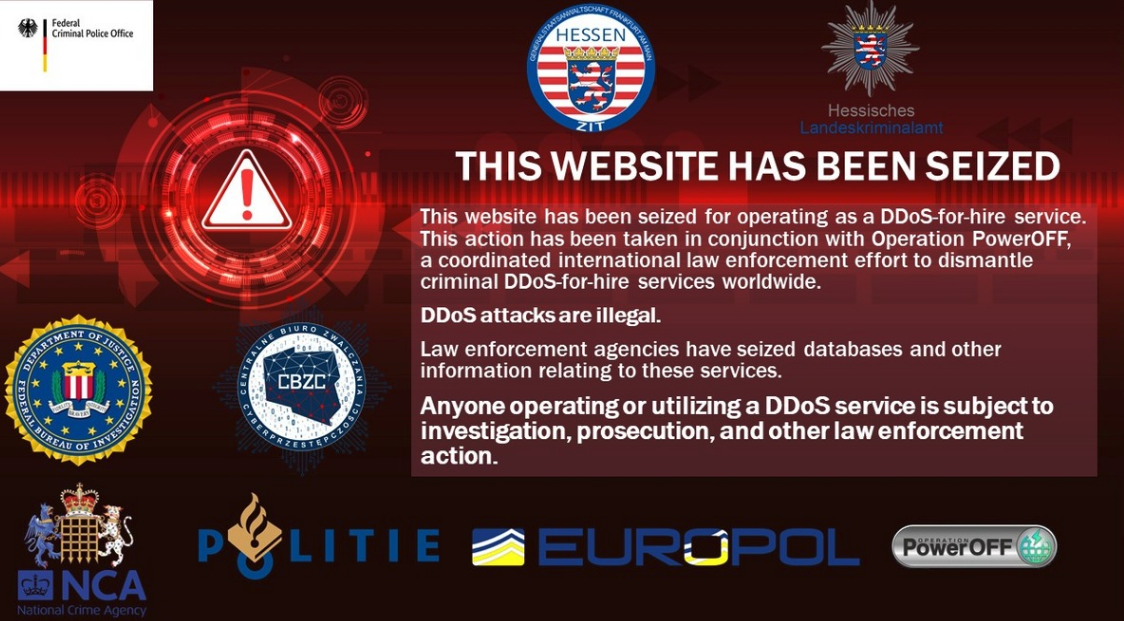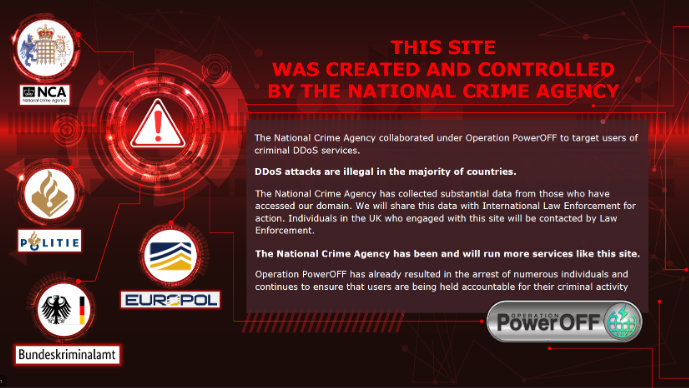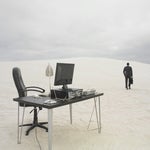Ransomware as a service? Windows users can still fight back.

Ransomware.
It’s one word that can strike a chill in anyone from a corporate C-suite to a home user. It’s sometimes hard to get a feel for the overall ransomware industry (and yes, it’s now an industry). But based on anecdotal reviews of forums and social media, it appears as though attacks against individuals are slowing. I no longer see people report they’ve been hit by ransomware on their PCs.
But it may be that attackers have realized that going after “one-off” targets isn’t the best business plan. In fact, in a recent Microsoft Secure online seminar (registration required), Jessica Payne and Geoff McDonald discuss how ransomware is now a big business, offered as a service by those who sell access to compromised networks to others.






